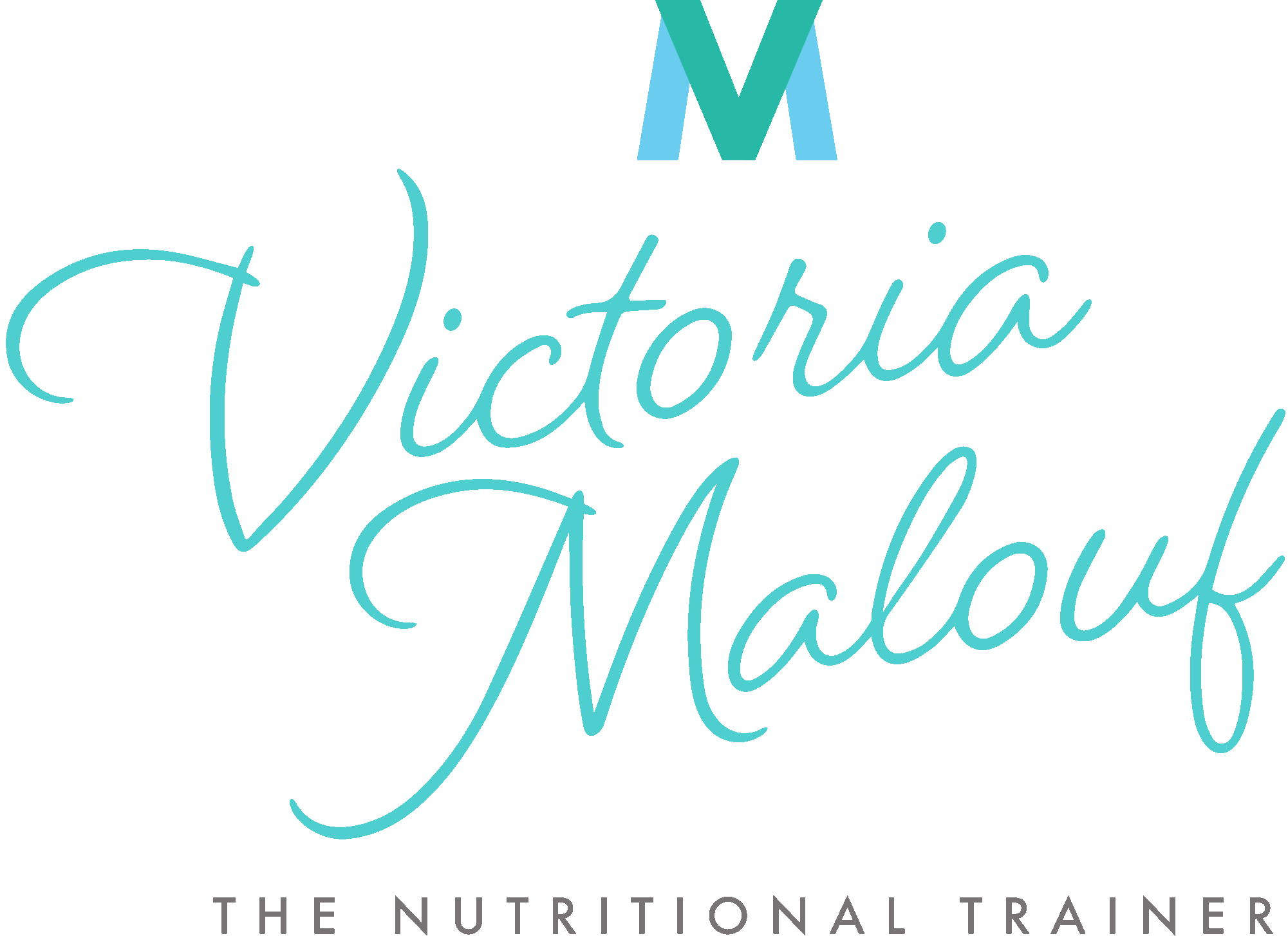The 9 biggest triggers of Irritable Bowel Syndrome
1. Dairy foods
Dairy can be problematic for some people for 2 main reasons. The first reason is that dairy contains fat which can increase the incidence of diarrohea. Switching to non-fat or low-fat dairy may lesson symptoms. The second reason is that many people with IBS are lactose intolerance. Meaning they react to the milk sugar lactose that is contained in dairy as they don't have a significant amount of the enzyme lactase that helps to digest and breakdown lactose. As there can be varying levels of lactose intolerance, you may be able to handle a certain amount of Lactose, so it will be trial and error to see the amount that is tolerable until you see symptoms appearing.

Image - https://www.rush.edu/health-wellness/discover-health/5-facts-about-ibs
2. Large meals
Having large meals that are high in fibre and fat are going to cause excess bloating and gas. Instead for IBS, it is recommended to have 5-6 smaller meals per day instead of 3 large meals. This will space out the time that you are eating and reduce the load on your digestive system so will be less likely to cause digestive upset.
3. Drinking water with meals
While water is critical for helping an IBS flare up, studies have shown that drinking water with meals will slow down the digestive process and worsen any IBS symptoms. While water is important to help avoid dehydration if you have diarrohea and help relieve constipation, have water up to 30 minutes before or after a meal to help relive symptoms.
4. Soft drinks, coffee and alcohol
Many people swear by their morning coffee for digestive regularity, however, Drinks like coffee, black tea, energy drinks and soft drinks that contain caffeine can be triggers for people with IBS as they have a stimulating and laxative effect on the intestines that can cause diarrhea. Especially having your morning coffee or tea on an empty stomach with no food to coat the digestive tract can cause an even more severe reaction.
Alcohol on the other hand can cause upset for many people because of not only the way that the body digests alcohol but also the gluten contained within beer is a trigger for many people as IBS sufferers are commonly gluten intolerant or coeliac.
5. A large amount of Fibre
Although having fibre in the diet is one of the healthiest things that you can incorporate, as it can help lower cholesterol levels, reduces risk of heart disease and can regulate blood sugar levels, for IBS sufferers too much of a good thing can turn bad. Especially insoluble fibres which is mainly found in whole grains, nuts, beans, fruits and vegetables such as cauliflower and potatoes, although healthy in an IBS sufferer may cause or worsen diarrohea and although insoluble fibre can sometimes help to relieve constipation, it can also make you feel bloated.
6. Stress and anxiety
Stress and anxiety have been shown to be a major causative factor of IBS. As many people with IBS stress when they are in social situations. Trying to manage your stress levels, whether it be personal, job or physical stress, having techniques to manage these is going to be crucial for helping reduce IBS symptoms.
7. Gluten
Gluten intolerance and coeliac disease can cause a whole host of symptoms, many of those similar to IBS type such as headaches, fatigue, bloating, constipation and diarrhoea. With many IBS sufferers being either Coeliac or having non-coelaic gluten sensitivity, it is thought that the gluten intolerance may be a significant factor in the development of IBS and it's associated symptoms. As adhering to a strict gluten free diet can somewhat improve symptoms in he majority of people, everyone is different and the level of tolerance that their bodies can handle varies so it is up to the individual to trial and error with the types and amount of gluten that their body can handle.
8. Fried foods and processed foods
The extremely high fat content of many fried and processed foods make then very hard to digest for the majority of the population especially people with IBD and IBS. Deep ftying foods and cooking in non-heat stable oils can change the makeup off food tuhs making it more difficult to digest. When cooking, always use a heat stable oil such as Extra Virgin Olive Oil as cooking an oil above it's smoke point can cause it go rancid and lose a lot of the nutritional value not to mention making ti extremely hard on your digestive system.
9. Beans, legumes, garlic and onions
Whilst foods like beans, legumes, garlic and onions are very healthy and should be a part of a varied diet, they can cause havoc in some people's bodies. Legumes such as beans, chickpeas, lentils and peas are high in fibre and protein, and whilst they can help increase bulk to the stool to help alleviate constipation, they can cause gas and bloating - other unwanted side effects of IBS. Garlic and Onion on the other hand are great flavouring agents and are staples in most people's diet, however they are very hard for your intestines to break down which can lead to a multitude of side effects such as bloating, gas and cramping. While cooking these make it slightly easier for some people to digest, that is not everyone and some people still have difficulty with these even after being cooked.


